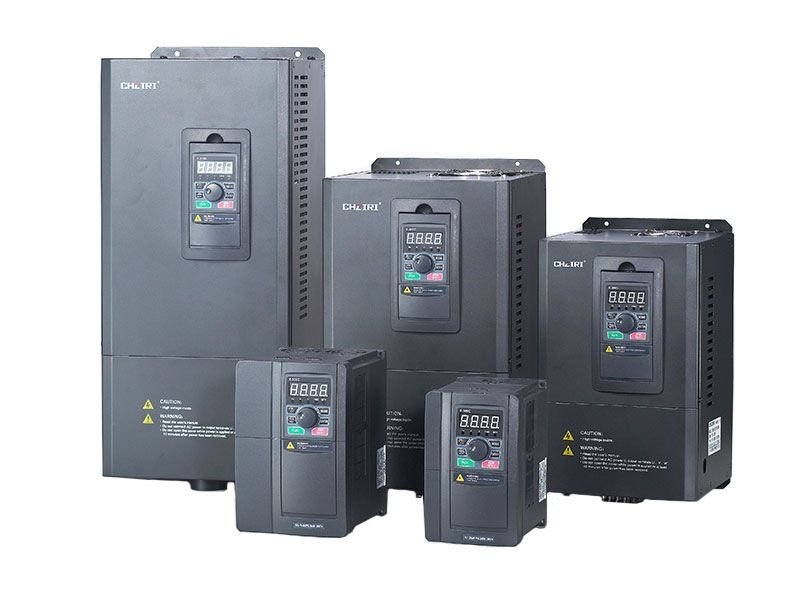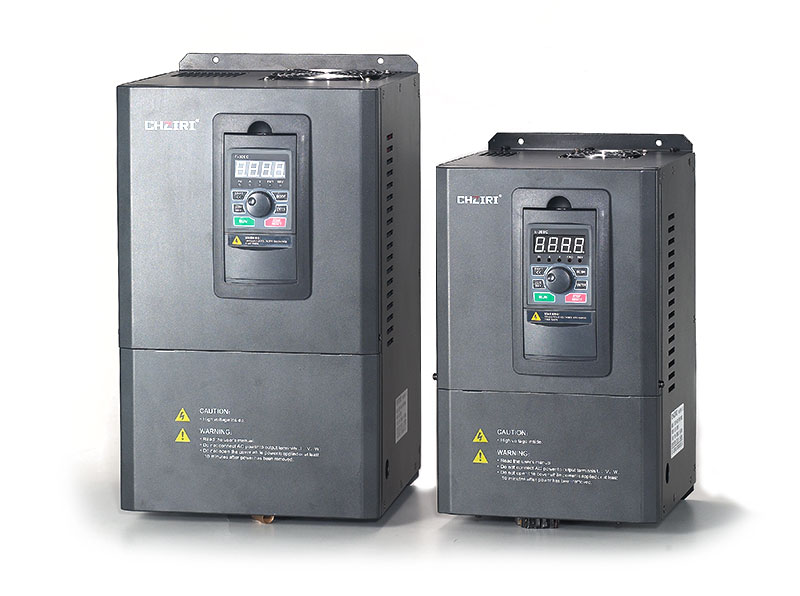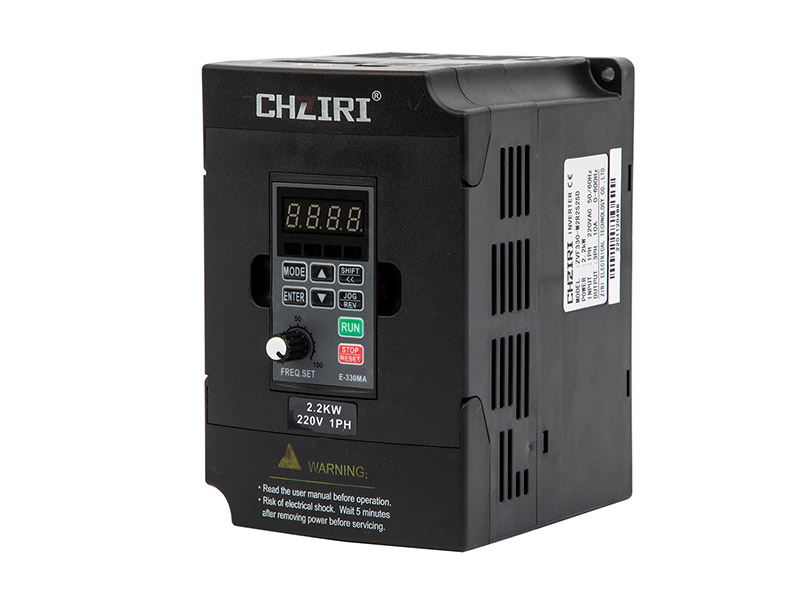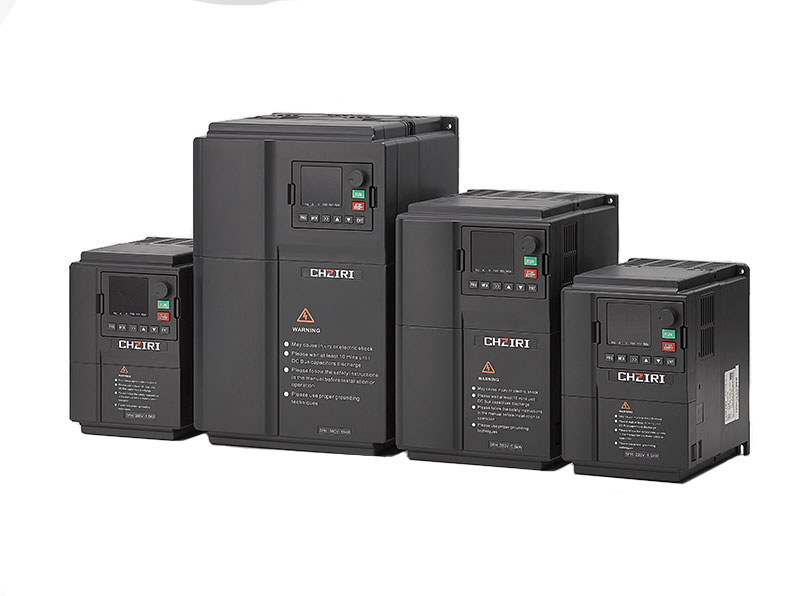How to choose a good Frequency Converter
Selecting a good frequency converter involves several key considerations to ensure it meets your specific application needs. Here’s a structured approach to help you make an informed decision:
1.Understand Your Requirements
- Application Type: Identify the type of application, whether industrial, telecommunications, or medical, as different applications have varying requirements for frequency, power output, and efficiency.
- Power Requirements: Determine the power needs of your system. High-frequency converters come in various power ratings, so it’s essential to select one that matches your system’s power requirements.
- Frequency Range: Assess the required frequency range. Ensure the converter supports the specific frequencies your application demands.
- Voltage Specifications: Confirm that the input and output voltage specifications are compatible with your system to ensure proper operation and safety.
- Efficiency Needs: Evaluate the efficiency requirements to reduce energy loss and operational costs. Higher efficiency converters enhance performance and cost-effectiveness.
2.Evaluate Converter Specifications
- Conversion Efficiency: Review the efficiency ratings to ensure minimal energy loss and heat generation, which is crucial for performance and operational cost.
- Thermal Management: Consider the converter’s thermal management features. Effective cooling mechanisms are necessary to handle heat generated during operation.
- Size and Form Factor: Check the physical size and form factor to ensure it fits within your system’s spatial constraints and meets installation requirements.
- Input/Output Isolation: Assess isolation capabilities between input and output to prevent electrical interference and enhance system safety.
- Control Features: Look into available control options, such as digital interfaces or programmable settings, to tailor the converter’s performance to your specific needs.
3.Assess Reliability and Support
- Manufacturer Reputation: Research the manufacturer’s reputation for producing reliable converters. Established manufacturers are more likely to offer durable and high-quality products.
- Warranty and Support: Review the warranty terms and support services provided. A solid warranty and responsive support team are crucial for addressing any potential issues.
- Compliance and Certifications: Ensure the converter complies with relevant industry standards and certifications, such as ISO or CE, indicating adherence to quality and safety regulations.
- Customer Reviews: Examine customer reviews and case studies for insights on the converter’s performance and reliability in real-world applications.
- Service and Maintenance: Evaluate the availability of service and maintenance options. Regular maintenance and accessible service support are important for long-term reliability.
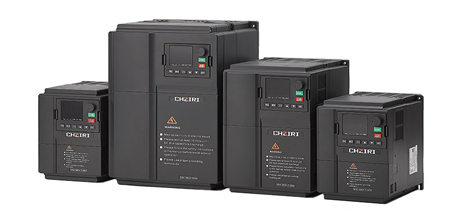
Conclusion
Choosing the right good frequency converter requires a detailed evaluation of your application’s requirements, the converter’s specifications, and the reliability and support offered by the manufacturer. By considering these factors, you can ensure that the converter you select will enhance the performance and efficiency of your system while providing durability and comprehensive support throughout its operational life.

